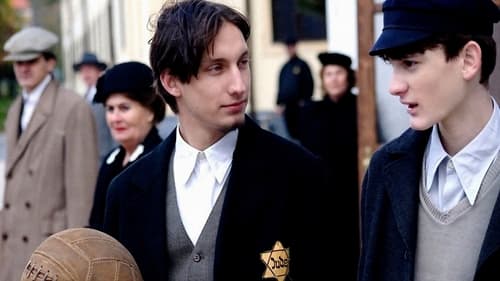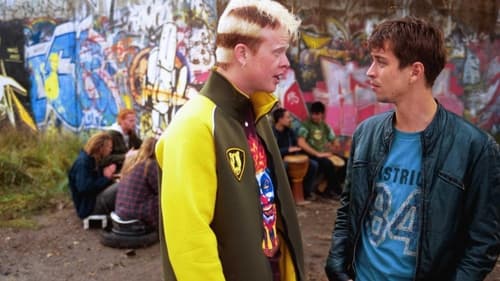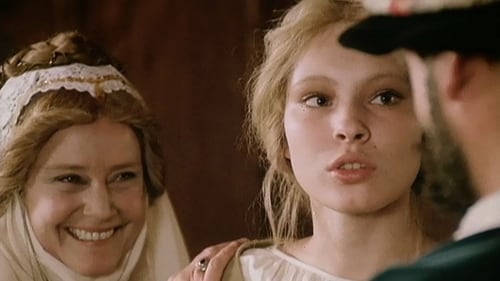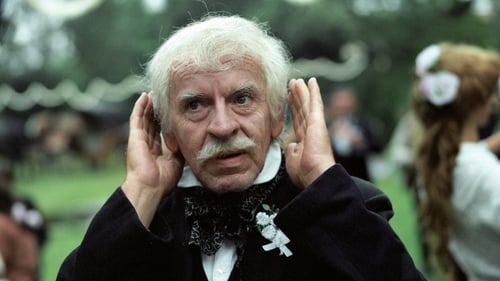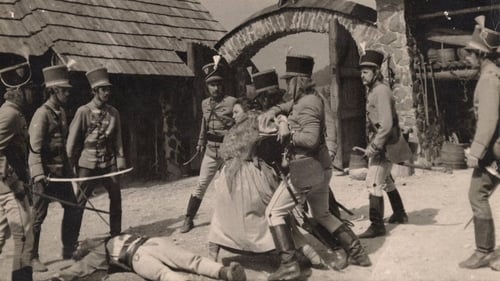Vlado Černý
Nascimento : 1951-06-21, Bratislava, Czechoslovakia [now Slovakia]
História
Vlado Černý was born on June 21, 1951 in Bratislava. Here he also grew up with his grandmother and grandfather, as his parents lived mainly in Prague. Vlad's parents were athletes; my father was a pentathlete and my mother a swimmer. He himself also began to play pentathlon and had a life on the sport. His grandmother, on the other hand, was an amateur, and with his grandfather, as he claims, he was forced into a recitation, which in turn was closer to acting. Then came the experience thanks to the television editorial staff, which cast him in the short film Havko. But perhaps the biggest fateful impulse towards the actor's career was a tricky meeting with director Paľo Bielik, to whom he broke a window as a little boy. Mr. Bielik caught up with him and instead of a battle he called him to the audition for the film Jánošík (1962), which he managed to successfully complete and won the role of little Jurek Jánošík. This was followed by a few more small roles in the film, but also a continuation of the modern pentathlon, which peaked and also participated in two world championships. The final decision came when he was accepted into acting and sniffed at a bohemian life. However, he did not complete his studies at the Academy of Performing Arts for the first time, because in his first year he was fired by Professor Karol Legéň Zachar. The reason was the shooting of the film, which was banned at the time while studying at school. However, as he acted in the play Herod and Herodias, in which he was cast before he was fired, he continued to meet Mr. Zachar sporadically. He approached him for the first time after the shooting incident only after Oldo Hlaváček broke his leg and asked him if he could catch Hlaváček in the game. For the second time, he was offered re-interviews, which of course he went through and successfully completed his studies in 1976, as one of Mr. Zachar's most popular students. As for the theater, from 1974 to 1975 he was a member of the acting ensemble on the Poetic Stage, in the 1975 - 1976 season he worked as a member of the acting ensemble at Revue Bratislava and then from 1976 to 1979 he performed again in the acting ensemble on the Poetic Stage. Then, until 1990, he was a member of the ensemble Nová scéna. After 1990, he became an actor at the Astorka Korzo '90 Theater, of which he has been the director since 1995 and at the same time an external actor. During these years, he portrayed a large number of theatrical characters, often very different in character.



